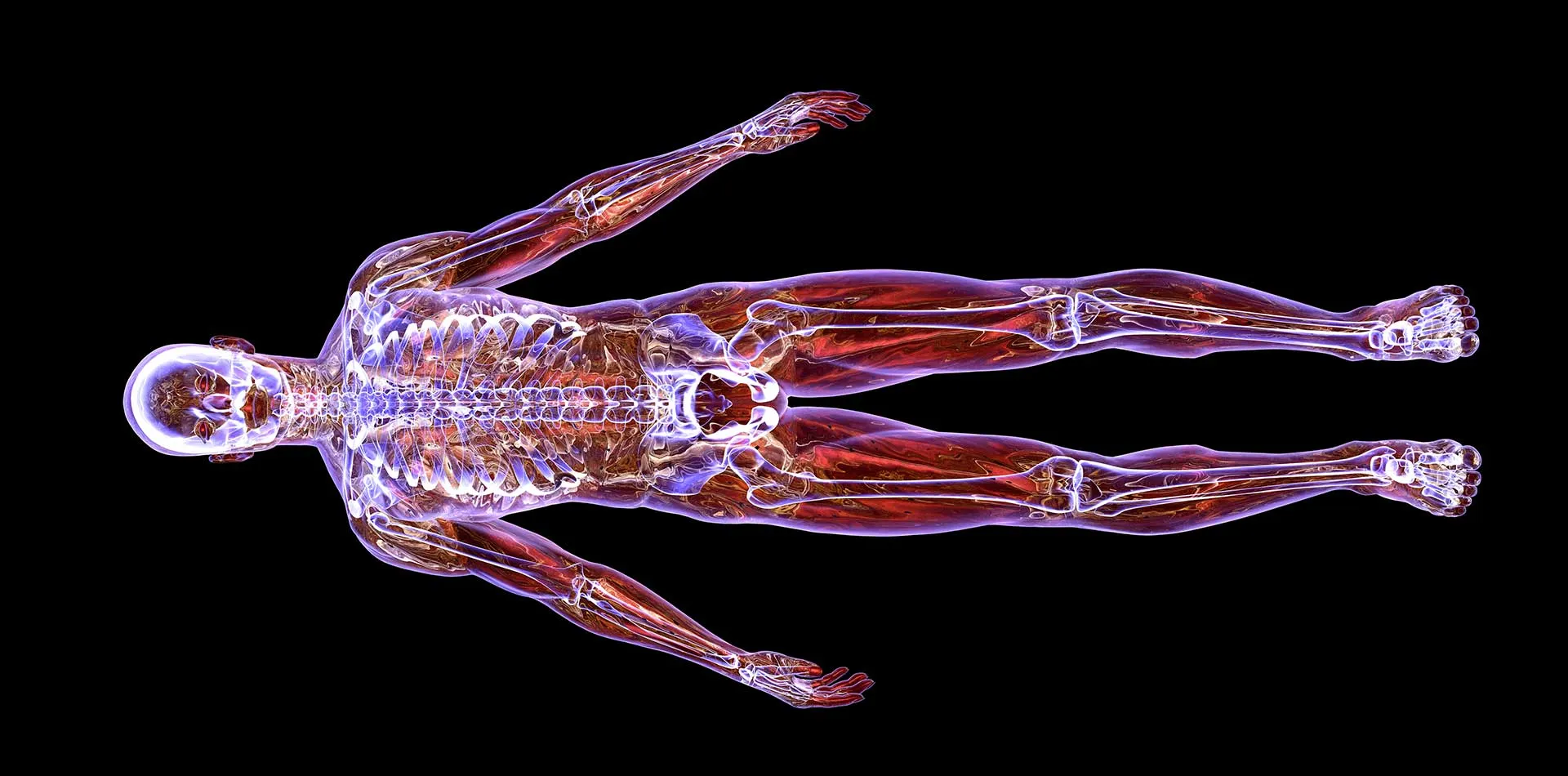
Bone cancer is rare and may occur in any bone in the body but generally affects the pelvis or happens in long bones in the arms and legs. Noncancerous bone tumors are more prevalent than cancerous ones.
Some types of bone cancer are more likely to happen to children, while others mainly affect adults. These cancers may require surgical removal, but chemotherapy and radiation therapy also help recover the condition; treatment is decided subject to the kind of bone cancer.
The symptoms of bone cancer will include bone pain, swelling and tenderness near the affected area, fatigue, unintended weight loss and weakened bone, leading to fracture.
Talk to the doctor when you or your child develops bone pain that comes and goes, gets worse at night, and over-the-counter pain relievers don't help ease the condition.
The bone cancers cause remains unknown; some are linked to hereditary factors, and others are because of previous radiation exposure.
There are different kinds of bone cancers based on the type of cell where cancer began. The common ones include:
• Osteosarcoma: This is a tumor condition in which the cancerous cells produce bone. The state most often affects children and young adults, happening in the bones of the leg or arm. In few rare cases, osteosarcomas may spread outside of bones (extraskeletal osteosarcomas).
• Chondrosarcoma: This is a tumor condition in which the cancerous cells produce cartilage. It usually affects the pelvis, legs or arms of middle-aged and older adults.
• Ewing sarcoma: This is a tumor condition that occurs in the pelvis, legs or arms of children and young adults.
The causes of bone cancer remain unknown, but doctors consider certain factors are linked to raising the risk, such as
• Inherited genetic syndromes: Some rare genetic syndromes are inherited through families that raise the risk of bone cancer, such as Li-Fraumeni syndrome and hereditary retinoblastoma.
• Paget's disease of bone: People with Paget's disease of bone, most older adults are more at risk of developing bone cancer.
• Radiation therapy for cancer: Exposure to large doses of radiation during radiation therapy that people receive to treat some tumour raise their risk of developing bone cancer in the future.
Patient Experience